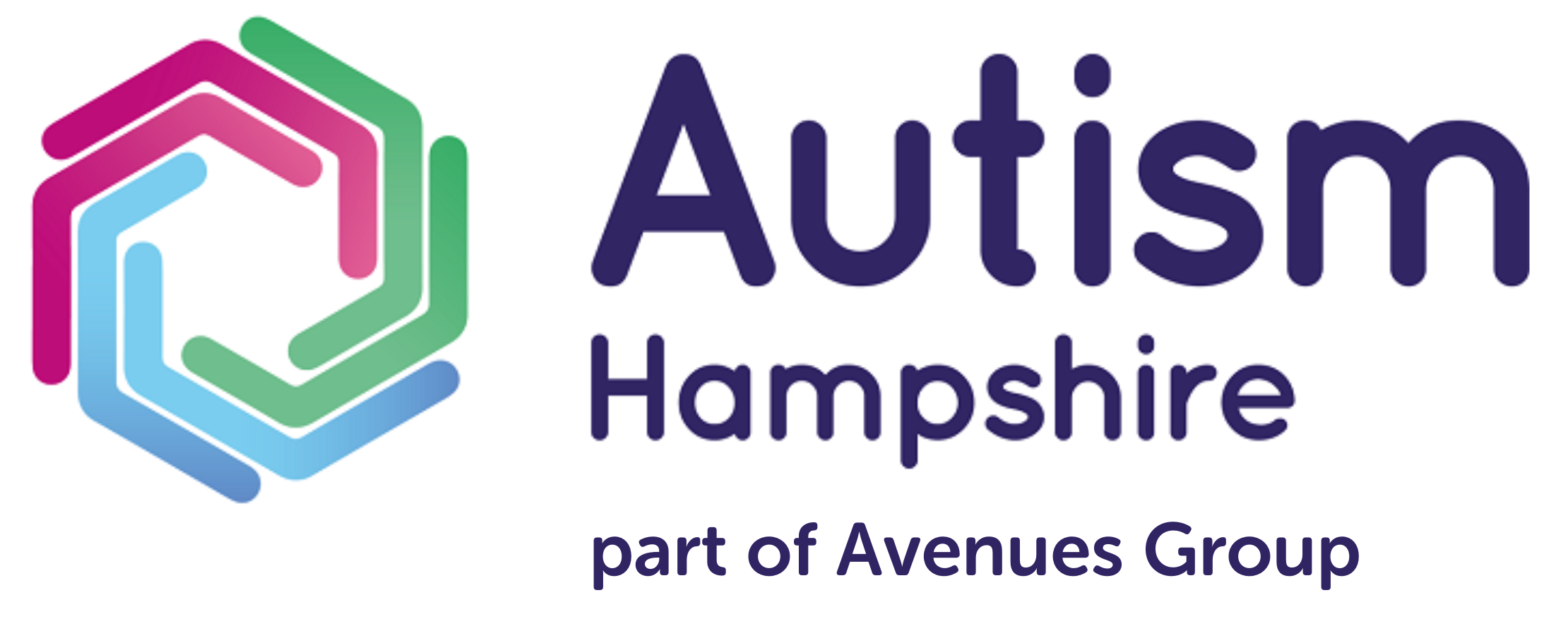Health Services
How to make your GP practice/environment autism friendly
How to make your GP practice autism friendly
- Carry out staff autism awareness training in line with the local autism strategy.
- Place alert on patients notes to identify autism.
- Offer information leaflets to patients detailing how to make appointments, with medication and other services offered in written/electronic form.
- Offer ability to book appointments online
- Offer ability to book first thing or last appointment of the day.
- Offer slightly longer appointment time either at the beginning or end of the clinical session.
- Give higher importance than would be normal in triage clinics/urgent appointments. This is because autistic people may have unusual response to pain/illness or very high pain threshold.
- Offer touch screen booking in for appointments
- Offer quiet corner in waiting room.
- Offer ability to wait in car and be called in for appointment.
- Possibly ask an autistic person to attend your PPG (Patient Participation Group). Or offer electronic route for feedback/comments rather than face to face or group attendance.
- Autistic Spectrum Disorders are a recognised disability and diagnosis can open pathways to make life easier for the patient.
- Diagnosis helps individuals make sense of the world around them, their history and difficulties.
- Better understanding of the self helps planning for the future.
- Families, friends, carers, employers, the criminal justice system, and educational establishments are supported to understand and accept individuals’ needs. They are also guided to respond appropriately to those needs.
- Diagnosis helps individuals’ access the right support.
- Better understanding of a person can help consultations, dynamics within the surgery, and access to medical services.
-
Many individuals with ASD may remain undiagnosed and frequently attend surgeries, out-of-hours services, and casualty departments. They may also seek multiple referrals.
- Identify possible options that patient expects from referral.
- Explain the medical, psychological, educational, and social impact of the person's autism on the referral form.
- Document name and nature of any support person. And try to recommend they go to the out-patient appointment.
- Document any involvement with the criminal justice system as well as employment tribunals, litigation etc.
- Tell patient of the assessment procedure and what to expect. An awareness of the diagnostic procedure and support/care is available locally through Autism Hampshire.
- Identification of concurrent medical conditions and extent of engagement with healthcare system.
- Identification of any carers and any issues pertaining to them that may affect the patients care/support. (illness etc).
- Include any pertinent paediatric/educational psychology reports.
- Attach any written report from the patient/carers of their ideas/issues that lead them to suspect autism.
The Royal College of General Practitioners (RCGP) has identified Autistic Spectrum Disorder as a Clinical Priority. It aims to develop and implement a strategy for primary care. Through the work of the Clinical Champion, the College will work with partners. This will be to promote models of best practice and pathways of care. It will also develop learning and educational resources.
-
The Autism in General Practice course is designed to help GPs improve the care they give to autistic patients. It focuses on practical ways to improve support within their practice. The course uses video clips of real patients and carers sharing their experiences. These clips highlight the challenges autistic people face on a daily basis and help professionals understand their needs more deeply.
The College has published an Autistic Spectrum Disorder (ASD) position statement. It presents recommendations on how primary care can be supported to increase awareness of possible presentations and diagnoses of ASD. It also aims to make sure equitable access to healthcare for those on the autistic spectrum. Finally, it recognises that different consultation skills are needed for autistic people.
The BPS has developed three e-learning modules on autism. These modules appeal to a range of learners by offering content from introductory to specialised levels. They are delivered via the BPS Learning Centre. The BPS worked with psychologists with expertise in autism and an e-learning provider to create them. Two modules are freely available to both members and non-members. The third is aimed mainly at psychologists and other professionals working in this field.
The Royal College of Psychiatrists aims to engage in expanding knowledge about the psychiatry of learning disability and autism. If you have any problem opening these links, please contact the Royal College of Psychiatrists on 02072 352351.
Autism and anxiety – Video project
In 2022/23, Autism Hampshire took part in a project to help autistic adults get the best out of their healthcare services and community. As part of this work, we worked with Autek and Portsmouth Autism Community Forum to create a video about autism and anxiety.
Four autistic adults shared their personal experiences of anxiety and healthcare.
We hope these videos will help people in the health profession gain a lived experience view of anxiety from an autistic adult's perspective and use this insight to make healthcare environments more accessible and supportive.
Below you can watch the full video. We’ve also broken it down into shorter clips for easy viewing:
Please share these videos with your team or include them in autism awareness training.
